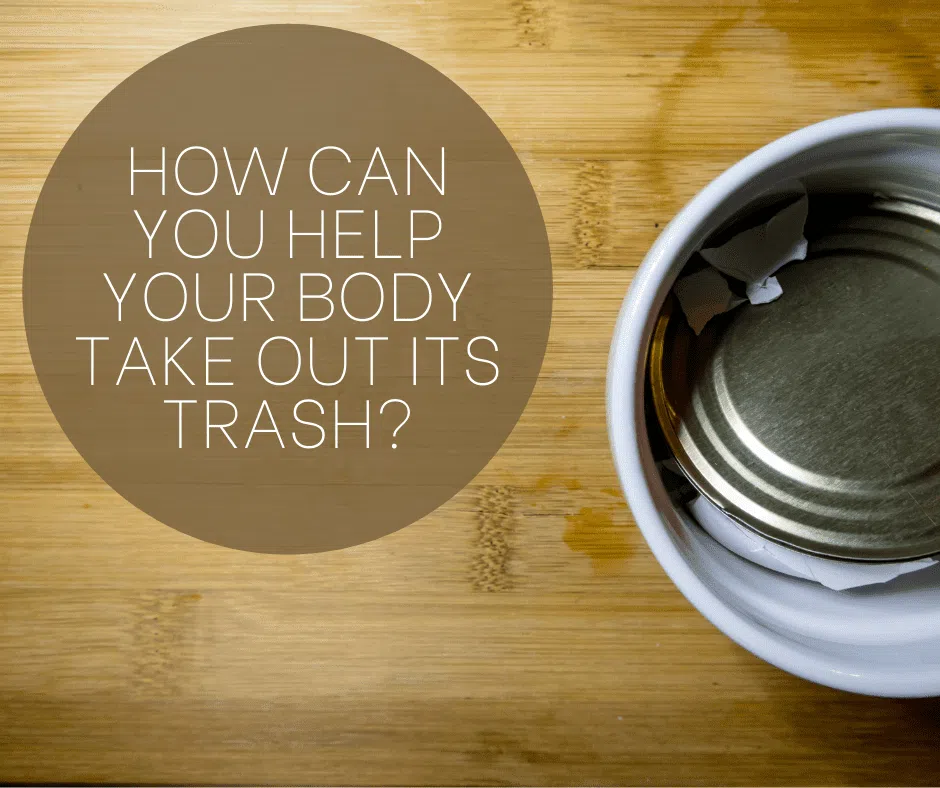
Messaging from the growing detox industry implies that without such measures, detoxification won’t occur. The truth? Our bodies detox 365 days a year, sweeping our cells clean of toxins and removing them from our bodies.
But that doesn’t mean we should ignore these detoxification pathways. Let’s look at why detoxification is so important to overall health, and what you can do to support your body’s natural detox efforts.
Toxins are now omnipresent in our environment. An Environmental Working Group study found an average of 200 toxins in newborns. If our babies are starting life so heavily laden already, Imagine the toxic burden the average adult carries!
These days, sources of environmental toxins that can negatively affect our body go beyond air and water pollution to include:
Our normal metabolic processes also produce toxins. These are the natural byproducts of life that when healthy, are quickly and efficiently removed from the body through natural detoxification channels such as the bowels, urinary system, lungs and skin. But there are more toxins in our environment today than our system was designed to handle.
If we can’t get rid of toxins fast enough, our body locks them away in fat cells. Like jail cells, these ‘toxin prisons’ prevent them from escaping into the rest of the body and causing damage. The more toxins you have, the more fat is needed to imprison them. This is why undergoing a weight loss program without the right support can sometimes be dangerous: fat loss means stored toxins get released into your bloodstream, and need to be removed quickly before they are reabsorbed.
Toxins can also be a causative factor in insulin dysfunction, contributing to obesity, type 2 diabetes and metabolic issues.
Many neurodegenerative illnesses such as dementia, Parkinson’s disease and Alzheimer’s have been linked to a high toxin load. Prenatal exposure to bodily toxins is thought to contribute to ADHD in children, with heavy metals such as mercury, lead and cadmium being considered the worst offenders. Toxins are likely to enter the abundant fat in neurological cells. Unlike some other fat stores in the body, this is where they can cause real damage to neurotransmitter function and communication.
Endocrine disrupting chemicals which include solvents, BPA and phthalates from plastics, can cause serious hormone dysfunction, unbalancing key hormones like estrogen and testosterone. This contributes to Polycystic Ovarian Syndrome (PCOS), endometriosis, breast and prostate cancer. It can even decrease fertility in both men and women. This effect is so strong, that prenatal exposure can reduce adult fertility.